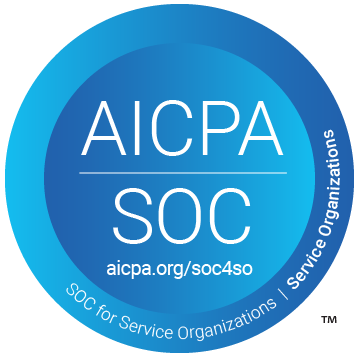
User Experience at the Forefront of Corporate Credit Cards
When it comes to corporate cards, companies often have a wide range of needs to fulfill. Access to capital, enhanced cash flow, spend controls, costs visibility, streamlined expense accounting, fiscal policy enforcement, multi-currency capabilities, rewards, cashback, and rebates are just some of the benefits corporate cards afford companies.
Building a best-in-class experience that meets those needs requires technical prowess – OR access to APIs and SDKs from a trusted partner that streamlines development. This article explores what APIs and SDKs are, how they work, and how each can enable the best customer experience.
APIs and SDKs: What is the Difference?
APIs (Application Programming Interfaces) and SDKs (Software Development Kits) are important tools developers use to improve end-developer usability and ultimately, to improve offerings.
While APIs are the elements that developers use to create end products, SDKs are the toolboxes that provide everything – like documentation, guides, code samples, libraries, and more – third-party developers need to create applications on a specific platform.

APIs
APIs are a set of protocols, routines, and tools developers use to build software applications. They can extract data and functionality from one platform to be used in the developer’s applications and act as a conduit for sending and receiving information. In that way, APIs enable different software systems to communicate with each other, share data, and perform various tasks seamlessly. For fintechs and brands that want to launch and scale credit card programs, APIs are integral for creating new card products, accelerating time to market, and scaling seamlessly.
Open APIs provide developers access to a web service or software application and can be used to create new payment products or streamline supplier and workforce payments. APIs can also accelerate time to market by enabling companies to leverage existing relationships with issuing banks, networks, and card fulfillment providers to go live quickly. For credit cards, many APIs have built-in compliance and fraud prevention.
SDKs
An SDK is a set of tools, including an API, compiled into one package that can be installed and used to build custom apps that can be connected to other programs. Developers use SDKs, which are created specifically for an operating system and hardware platform combination, to develop apps for their platform.
For credit card offerings, SDKs may include customizable interface drop-ins that developers can use to tailor the user experience across devices. They may include compliant interfaces that help non-financial companies ensure data security and reduce liability. They may also enable developers to customize the user experience based on their own preferred workflows. Workflows include things like the process for customers to complete a new credit application or to pre-qualify customers without a hard credit pull.
.png)
Building Next-Gen Credit Cards & Enhancing User Experience with APIs and SKDs
Tallied’s platform includes APIs, SDKs, and reference designs to guide best-in-class application flow. Together, these tools allow developers to leverage our infrastructure to build commercial credit card programs that are tailored to the brand’s unique user experience.
With our APIs, developers can extract or deposit data while following blueprints for app flow to enhance the cardholder experience. These tools enable developers to customize transaction processing across a wide range of use cases. Developers can:
- Leverage APIs to connect transaction processing data with applications to populate spend information in budget dashboards.
- Issue new commercial cards physically or virtually to employees for one-time use, limit duration, or ongoing use.
- Customize controls on commercial cards to set soft and hard budgets. Soft budgets prompt the user to confirm they are above spend limits before making additional purchases. Hard budgets disable spending on the card.
- Tailor how commercial cards are used: enabling international transactions, setting up automatic disputes for unauthorized transactions, and freezing and unfreezing cards.
- Use APIs to leverage Tallied’s underwriting engine, sending applicant information to our system which processes KYC, OFAC, and other regulatory requirements, and receiving information back about the user’s approval, APR, and credit limit.
- Use APIs to send in-house underwriting and compliance checks data for Tallied to originate the account.
- Manage the card from a smartphone, including canceling the card, viewing spend, and freezing the account.
- Provision virtual cards to a mobile wallet.
- Enable top-tier security, including zero liability protection and fraud prevention.
- Ensure spend compliance by automating the collection of IRS-compliant receipts, memo generation for expenses, and expense categorization.
- Customize compliance with automated card controls like vendor-specific spend restrictions, recurring or expiring card limits, and disputes and declines based on categories and/or merchants.
- Tailor card controls by allowing cardholders to track expenses in real-time and see how their spend tracks against limits and budgets.
- Access real-time program data and reporting.
Tallied’s API approach enables brands to build, launch, and scale self-service corporate credit cards that can be managed seamlessly, avoiding customer service line headaches.








